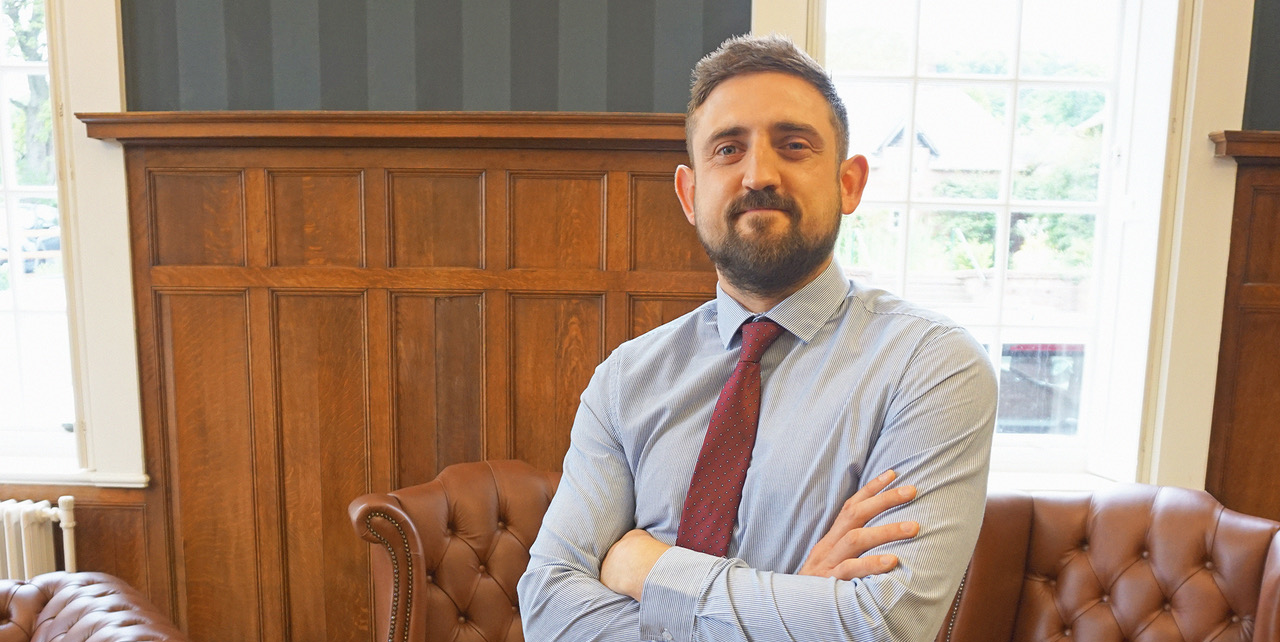Women in Engineering (Consultant Blog 4)
Posted by Georgie Betts on 18/10/2019

Charlie Ward, recruitment consultant in Russell Taylor Group’s Technical Engineering Division, asks why women are under-represented in engineering - and what more can be done to attract female engineering graduates into this sector.
THE world is moving on and boundaries are being broken every day, whether it be relating to a person’s creed, colour, race or gender. The days of employers being able to stipulate who they hire with relation to these are long gone.
Looking in particular at how women are represented within the engineering sector where I recruit, there are some interesting statistics.
Women make up 49 per cent of the university-educated workforce - however, a 2017 survey indicates that just 11 per cent of the engineering workforce is female. A piece a positive change is that this is a small increase from the 9 per cent in 2015.
Women were awarded 19.9 per cent of all bachelor’s degrees for engineering programmes in 2015 and made up 21.4 per cent of undergraduates enrolled in engineering.
This does beg the thoughts: Where have we failed in helping their careers and ambitions to carry on into an engineering employment role? Or are there boundaries still stopping their progression?
As social media world-awareness of certain movements and more diverse cultures emerges, I envisage a less unbalanced representation here. I would hope these boundaries and failures will naturally seep out of the sector and a fairer equilibrium established.
Personally, I have not in my time as a recruitment consultant met a client who has even insinuated he would not hire a female engineer or professional. Nor does there seem to be a shortfall of not just good candidates across the sector but also a representation of women.
At Russell Taylor Group we have a good gender split between consultants and management. When it comes to the candidates we speak to and represent, we focus on experience, education and skills for the roles we recruit for and, where possible, try to promote gender diversity. Both this year and last year on our team alone we have placed male, female and transgender candidates and at no point have faced any resistance by our clients. This has come about without us ever making gender a specific topic.
What is intriguing about the current imbalance is that there is now very little gender difference in take-up of and achievement in core STEM GCSE subjects. So what is being done - and what can be done - to encourage more of our bright and academic female students to get involved and be excited by engineering?
I would love to hear from anyone who has any thoughts or personal experiences on the matter of what are the fundamental principles that initially putting women off engineering. How can we change this stigma about engineering, why women believe they may not fit in or be interested in pursuing a career in this sector?
